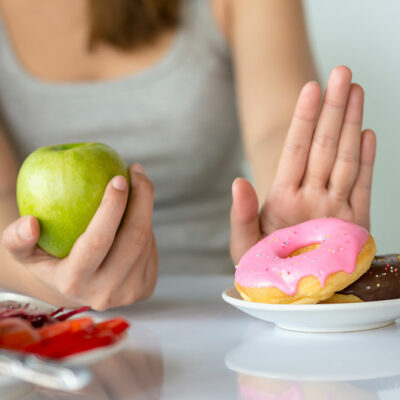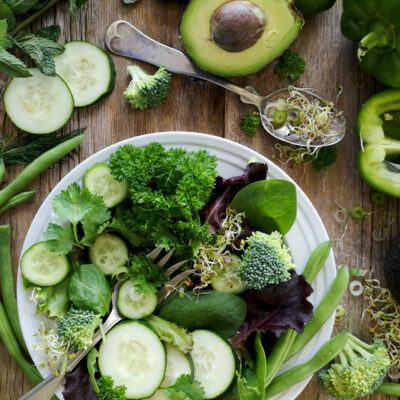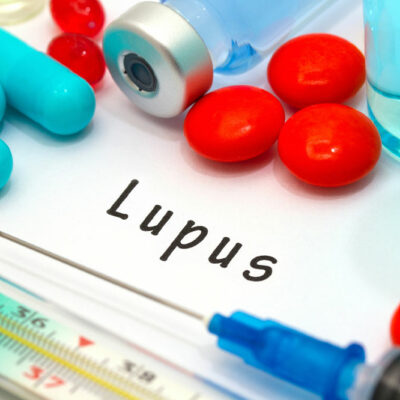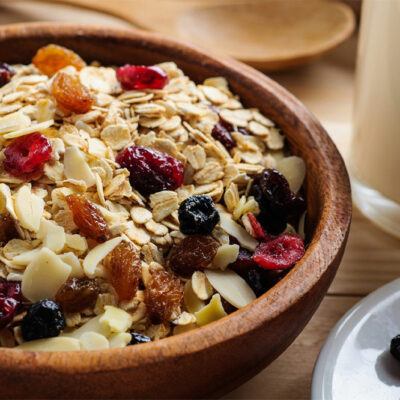
health
4 surprisingly bad foods for those with diabetes
Diabetes causes blood sugar and glucose levels to either go too low or too high. One of the ways to maintain balanced levels in the body is to have a strict meal plan. While a few food groups are known to not be friendly for those with diabetes, here are some other common yet unsuspecting foods that are a big no-no for those looking to keep their sugar levels in check. Yogurt Yogurt is usually a healthy option but is probably not recommended for those with diabetes. Flavored yogurt sold in the market comes with preservatives and sugar, quickly triggering insulin levels. Dairy is generally not advised for diabetes patients, but having small quantities of homemade yogurt with no flavoring or artificial preservatives is fine. Cereal Although cereal is something many of us eat in the morning, it’s not the best option for those looking to keep their glucose in check. This food comes with added sugars and artificial preservatives that spike sugar levels. Another factor to consider is that cereal and milk make for quite an unhealthy combination, so those with diabetes need to find alternatives to these foods for breakfast. Granola bars Normally sold as a healthy snack, some granola bars are filled with sugar and carbs.




















